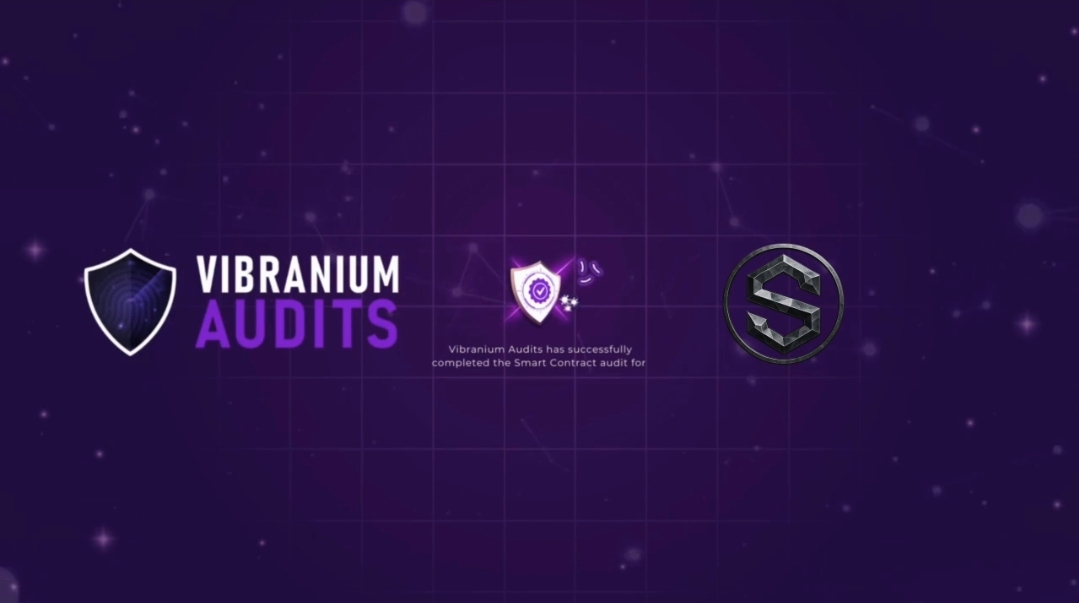Introduction
Solana, with over $11 billion in total value across all decentralized applications (DApps), stands out as one of the fastest-growing blockchains. Boasting the ability to process an impressive 50,000 transactions per second and with an average transaction cost of less than a penny, Solana is gaining attention in the blockchain space. In this guide, we will walk through the process of writing your first Solana smart contract using Rust.
Getting Started
To begin, you'll need to install Rust, which is a straightforward process with the help of rustup—a tool that installs and manages Rust. Following Rust installation, you'll also need the Solana CLI, a command-line tool for interacting with the Solana network.
Project Setup
Clone the "Hello World Example" project from the Solana GitHub repository. Once cloned, use the terminal to install the project with the npm install command. The Solana CLI will be utilized to configure a local development environment.
Creating a Solana Wallet
Solana smart contracts operate on a network called Clusters. For local development, the built-in cluster using Solana test can be employed. Create a new Solana wallet to facilitate interaction with the smart contract.
Understanding Project Structure
The project comprises two crucial folders: SRC/program/rust contains the smart contract code, while Client houses the frontend app that interacts with the smart contract.
Writing the Smart Contract
The smart contract is a simple program that increments a number each time it is called. It imports Solana packages, defines the greeting account structure, and declares the Process instruction as an entry point. The process instruction function prints a message, retrieves the account calling the smart contract, increments the greeting variable by one, and prints the count of calls. The OK function signals successful contract execution.
Interacting with the Smart Contract
The client, developed in TypeScript, interacts with Solana using the JavaScript SDK. It connects to a local cluster, checks for the deployment of the smart contract, and calls the smart contract function.
Running the Project
To witness the smart contract in action, compile the app, deploy the contract on a local cluster, and run the client. You should now observe the greeting message each time you call the client.
Conclusion
This step-by-step guide provides an overview of writing Solana smart contracts using Rust. Solana's impressive transaction speed and low costs make it an attractive platform for developers. Dive into Solana smart contract development and explore the possibilities in this rapidly evolving blockchain ecosystem.
FAQs
Q1: Why choose Solana for smart contract development?
Solana's high transaction throughput and low costs make it an appealing choice for developers looking for efficiency and scalability.
Q2: What is the role of the Solana CLI in smart contract development?
The Solana CLI is a command-line tool that assists developers in interacting with the Solana network, configuring local development environments, and deploying smart contracts.
Q3: How does the Solana wallet facilitate smart contract interaction?
The Solana wallet serves as a means for clients to interact with smart contracts, providing the necessary authentication and authorization.
Q4: Can Solana smart contracts be deployed on different clusters?
Yes, Solana smart contracts can be deployed on various clusters, allowing developers flexibility in choosing their deployment environments.
============================================
Get Access to direct quote for your smart contract audit:
Looking for smart contract audit? or blockchain security services for your project? Have a look at our services https://www.vibraniumaudits.com/smart-contract










